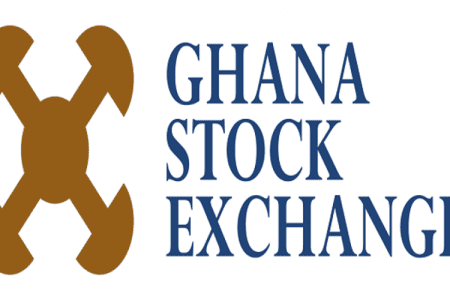The government successfully raised GH₵3.6 billion last week, surpassing its target of GH₵3.55 billion and achieving an oversubscription rate of 1.39%.
This was driven by a surge in investor demand for Treasury bills compared to the previous week’s auction. All bids for the 91-day, 182-day, and 364-day Treasury bills were fully accepted in last Friday’s auction.
The yield on the 91-day bill remained unchanged at 24.87%, while the yields on the 182-day and 364-day bills decreased by 3 basis points, settling at 26.80% and 27.79% respectively.
Secondary market
Trading volumes on the Ghana Fixed Income Market (GFIM) increased by 9.4% to GH₵2.47 billion for the week.
Treasury bills dominated trading activity, accounting for 77.22% of the total volume traded.
Cedi weakens further
On the currency market, the Cedi weakened against the Dollar, Pound Sterling, and Euro during the review week.
The Cedi depreciated by 1.01%, 0.69%, and 0.96% against the Dollar, Pound Sterling, and Euro respectively.
The Cedi closed the week trading at a midrate of GH₵14.4467 to the Dollar, GH₵18.2643 to the Pound Sterling, and GH₵15.4474 to the Euro.
Indicative rates from the open market showed the Cedi closing at a midrate of GH₵14.9750 to the Dollar, GH₵18.9380 to the Pound Sterling, and GH₵15.9785 to the Euro.
Ghana Stock Exchange
The Ghanaian stock market experienced an uptick in its benchmark index during the review period.
The GSE Composite Index climbed by 0.57%, driven by gains in UNIL, GGBL, FML, and ALLGH, closing the week at 3,788.84 points with a year-to-date return of 21.04%.
Despite the index’s rise, trading activity saw a downturn, with trading volumes decreasing significantly.
A total of 809,634 shares were traded, amounting to a transaction value of GH₵2.08 million, representing an 83.13% drop in trading volumes compared to the previous week.
Analysts from Tesah Capital expect financial stocks to drive the performance of the index in the week ahead.
- BoG urges caution in lending rate adjustments - 9 April 2025
- Medikal hot over alleged sampling of Alabaster Box hit - 9 April 2025
- TUC vows to resist ECG privatisation - 9 April 2025

